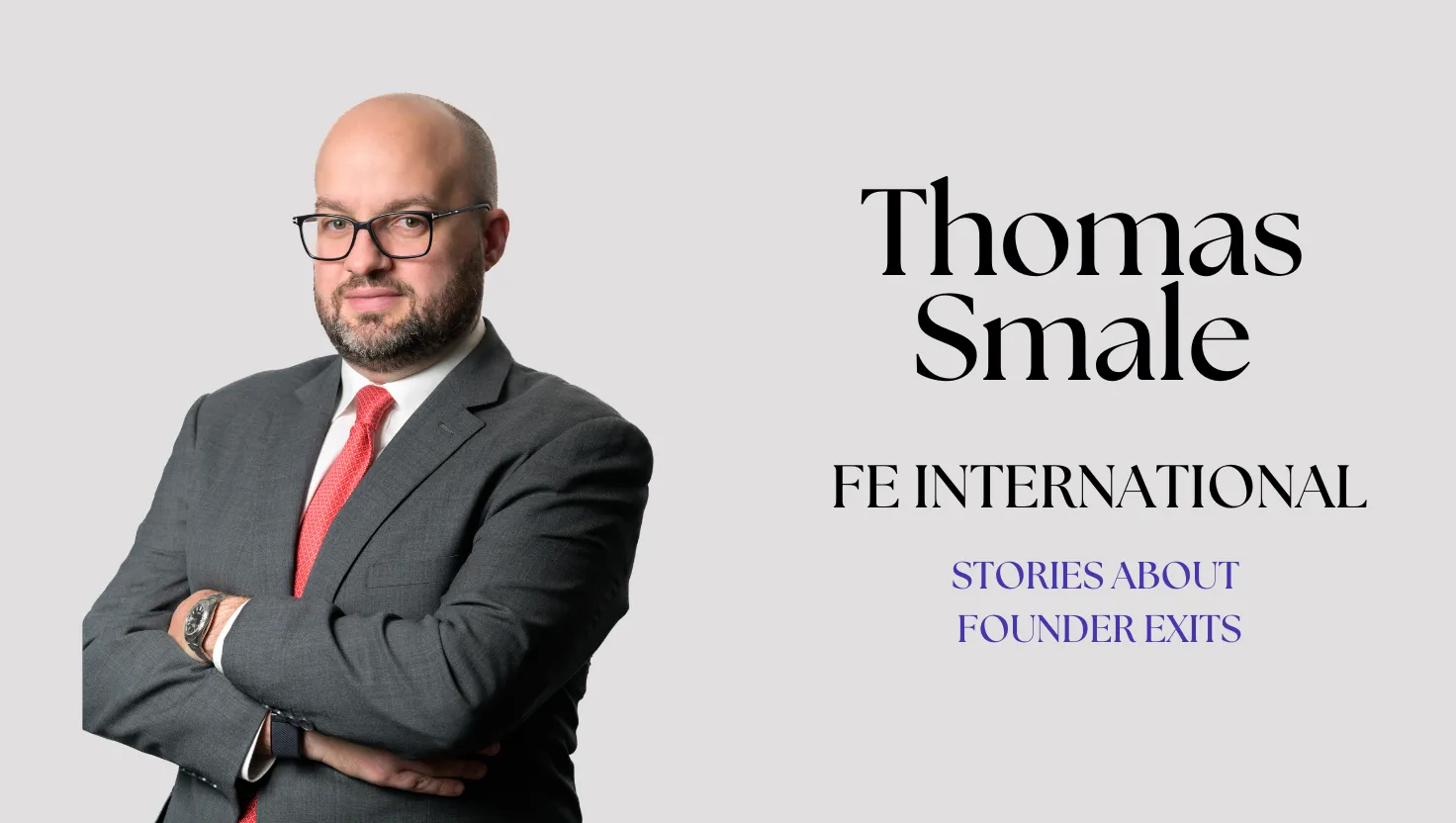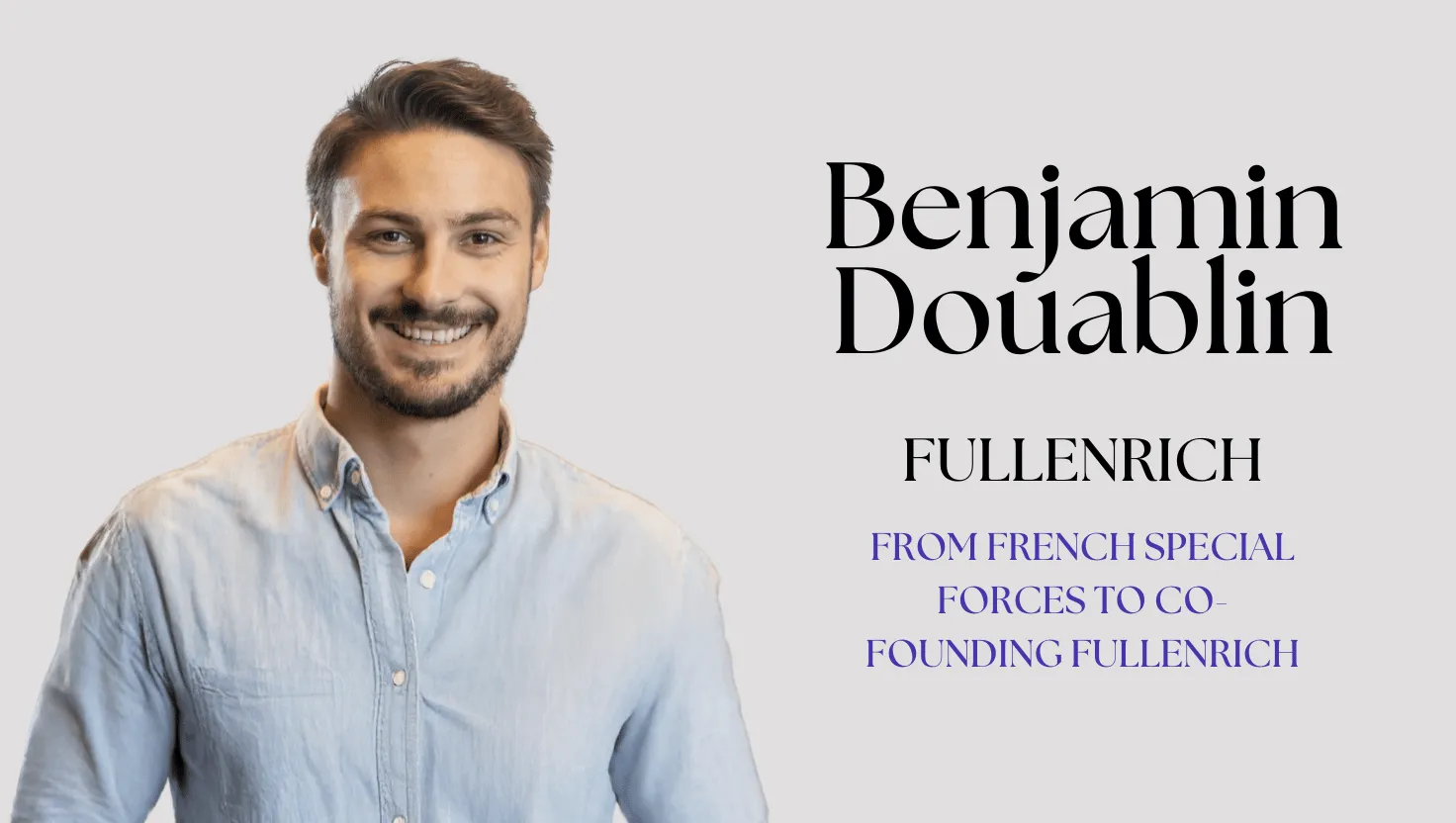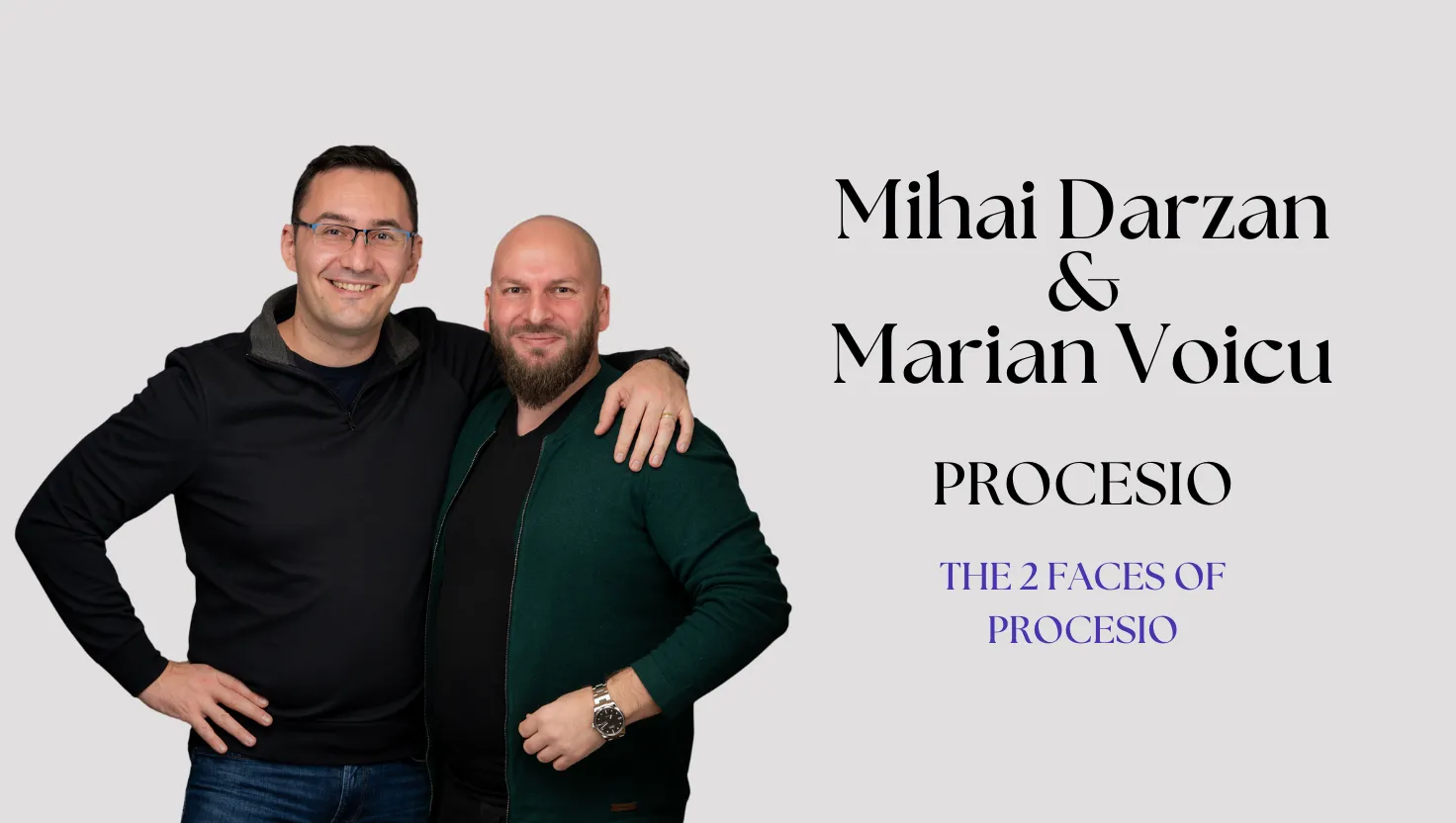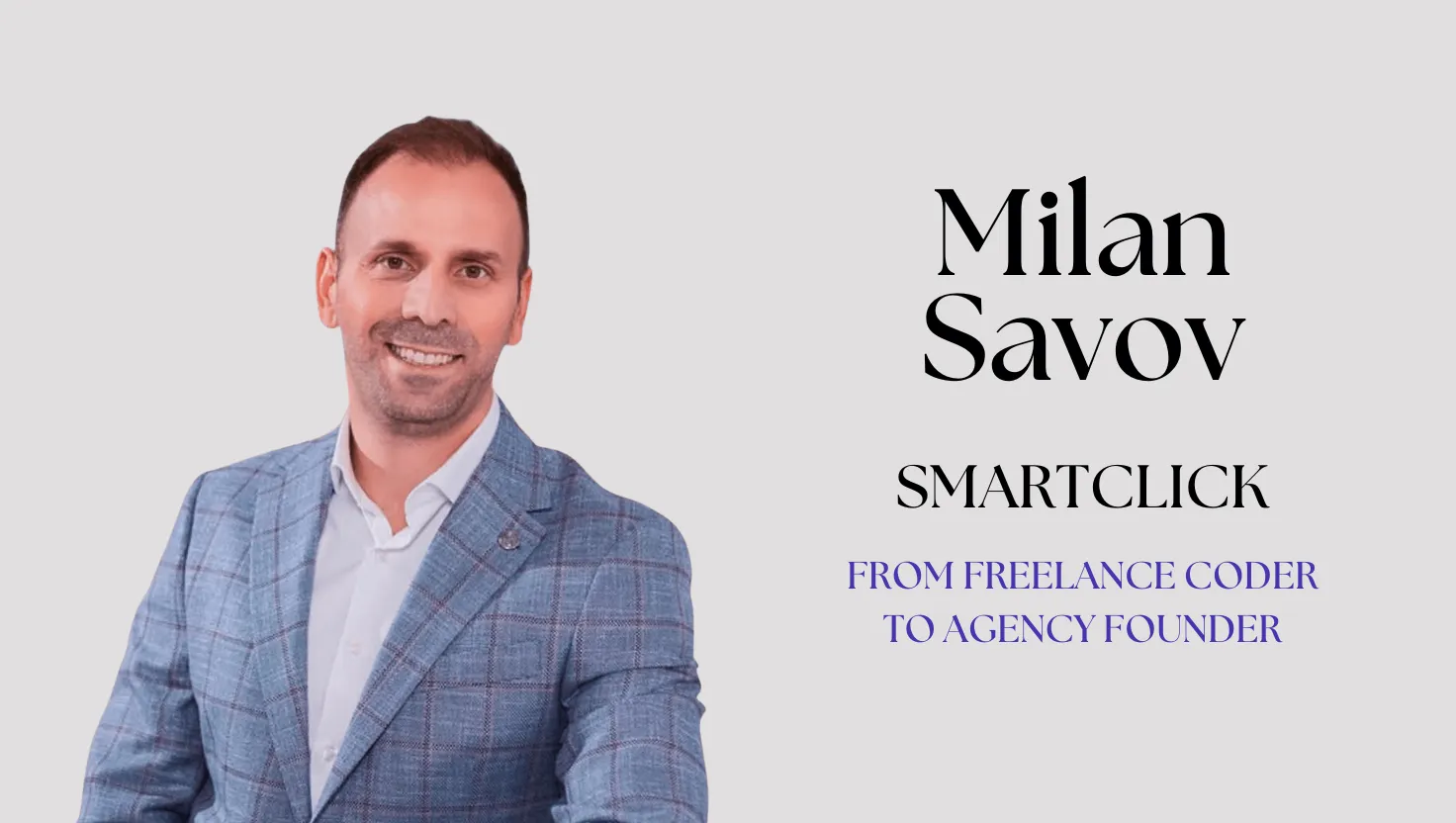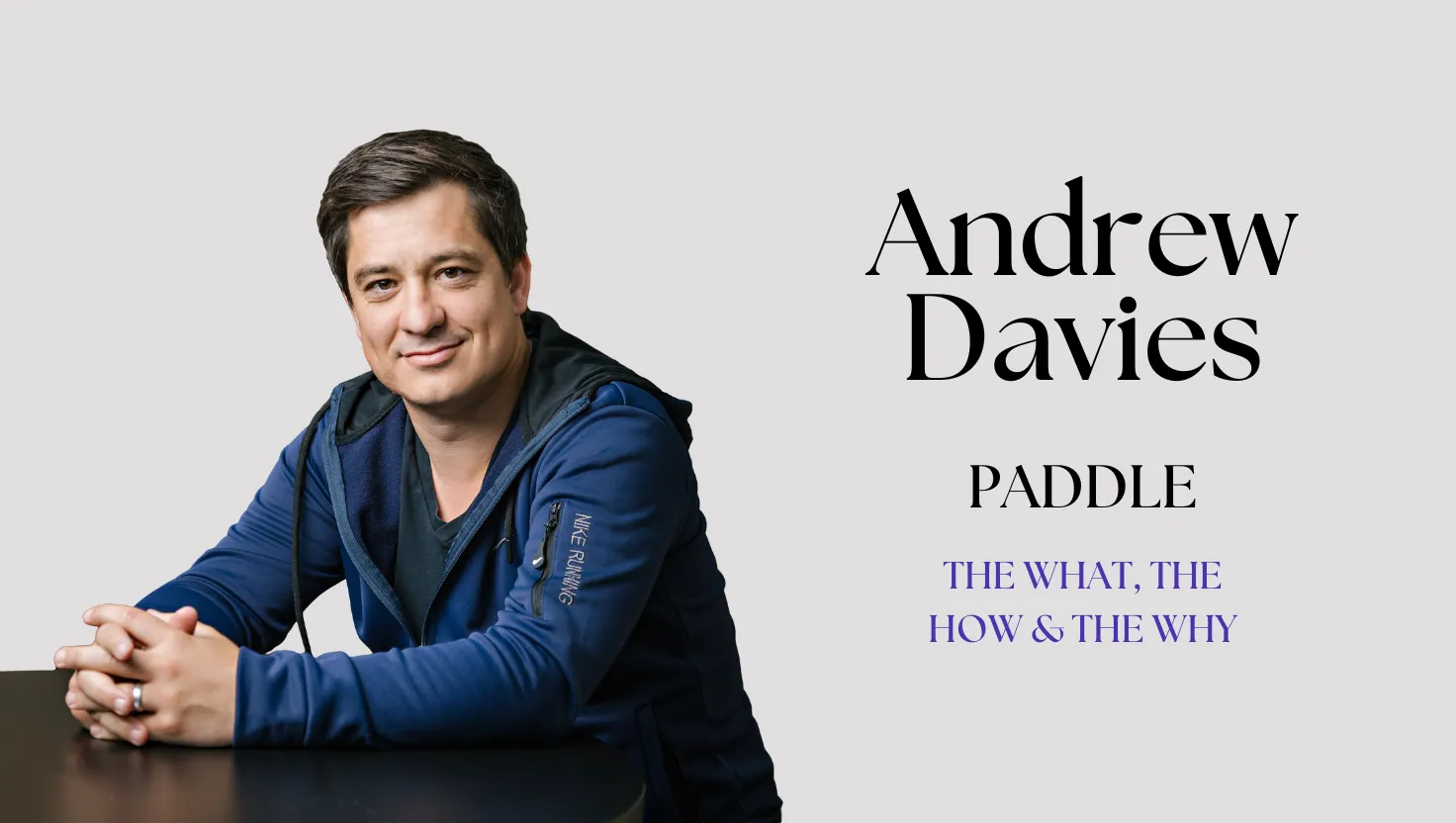Join us in conversation with Thomas Smale, who turned a laptop, a gap in the market and a few early website flips into a global M&A advisor for tech founders. Thomas reflects on how selling real businesses, staying curious about SaaS and AI, and helping founders build value drives every deal and decision.
“I want our work to speak for itself.”
Maria Stanciuc: Given your passion for the SaaS and M&A industries, what inspired you to create FE International?
Thomas Smale: In 2010, if you had a small-to-mid-sized technology business with a $50M in market cap, no M&A firm would pick up the phone. The big firms were not interested at that level—certainly none in the tech space. I spotted a market gap and started FE International.
Our mission was to bring the level of service you’d get at a large investment bank to relatively smaller tech businesses. Since then, we’ve done over 1500 M&A transactions, and the team has closed over $50 billion in transactions.
Maria Stanciuc: How have the core principles of FE International changed throughout the years?
Thomas Smale: When I first started my business, it was just me and my laptop trying to close deals. But early on, I always strove to work hard and do things the right way. That choice is why we’re still here. Many people have entered our space over the years; they aren’t still around because they went for a cheap buck or just gave up.
Today, we have 100+ employees and have opened offices around the world. A lot has changed, but those principles have stayed the same: work hard and do it right.
Maria: What have been the pivotal changes in the SaaS industry in recent years?
Thomas: When I first started, there wasn’t really a SaaS industry. FE International really grew as a company with the industry itself. Today, AI is the elephant in the room. A lot of companies are trying to modernize, and a lot of founders are starting AI companies or integrating AI into their SaaS businesses.
“If you aren’t considering these things, you’ll likely get left behind.”
Maria: What kind of legacy do you aim to leave, both in the business world and personally?
Thomas: I want our work to speak for itself. We’ve helped over 1500 founders sell their businesses in the last 10 years. We’ve created billions of dollars for founders. I don’t need to be remembered as some business mogul, but I want to continue to help founders build businesses and get what they deserve for their work.
Over 1,500 exists
What truly sets FE apart is not closing over 1,500 exits. But the depth and breadth of experience that underpins each transaction.

Maria: Can you share an M&A deal from your career that exceeded expectations and the factors behind its success?
Thomas: One of our smallest deals had the biggest impact on my life. Years ago, we helped a founder from Vietnam sell his modest website. After he sold it, he used the proceeds to buy a house for his family. To me, what was a relatively small deal even at the time, created life-changing wealth for this founder.
Big deals have always been exciting and rewarding, but you never know which little projects are going to leave a huge mark on your life.
Maria: Can you explain how your leadership style influenced the culture and growth of FE International?
Thomas: Leading a team of 5 vs. 25 vs.100, those require different skill sets, amounts of delegation, and levels of communication. As you grow, you must constantly reinvent yourself. Skills that worked with a team of five don’t work the same once you’ve multiplied your team’s size by ten. Part of being a good leader is knowing how to break old habits and form new ones.
Maria: What key piece of advice would you give to budding entrepreneurs in the saas space?
Thomas: Get started and fail forward. I’ve seen so many founders delay getting started until the product or team is perfect. It’s easy to procrastinate, but you’re not going to even know what your customers want until you go out and talk to them and start building. If you fail or need to pivot do it but don’t wait, get going.
Maria: Where do you see the saas industry heading soon?
Thomas: It’s only becoming easier and easier to start tech companies. With ChatGPT and other no-code software, the barrier to enter the space has gotten lower and lower. It’s now a matter of ideas, hard work, and acquiring customers. I think we’re entering an age of entrepreneurship where there will only be more founders from around the world. I’m beyond excited to see where things go in the coming years.
Maria: What unique qualities set fe international apart in the competitive M&A landscape?
Thomas: We don’t take on every business that approaches us. But we have analyzed and valued tens of thousands of businesses, filtering through to identify those with the most potential for a successful sale. This extensive pool of data we have collected over the past decade serves as the foundation for our proprietary valuation method, a tool that is uniquely ours and unmatched in the space.
We take a holistic approach, considering factors beyond just financial metrics. This allows us to match businesses with ideal buyers, ensuring a smooth transition and successful outcome for all parties involved.
How do you define success?
“A spectacular failure can be more helpful than a middling success!”

Maria: Beyond business metrics, how do you personally define success and leadership in your industry?
Thomas: Do clients come back? Do they tell their friends about us? We want founders & investors to succeed. We want them to come back and buy a second company or trust us to sell their next venture. That’s what i’m looking for. I want to build relationships and see them pay off. If they come back or tell their friends, i know we’re doing a good job.
Maria: Could you walk us through your daily routine, offering a glimpse into your day-to-day life?
Thomas: A typical day starts at around 6am with a quick review of my schedule and urgent emails over a cup of coffee and prioritizing tasks for the day. I hit the gym, before heading to the office. The bulk of my day is divided between strategizing with my team and overseeing deals. I try to be home for dinner with my wife, before signing back online and doing a bit more work.
Maria: Have any books or authors significantly influenced your approach to business and life?
Thomas: The tipping point by malcolm gladwell. It’s about how small actions can compound over time. We started out working on tiny deals – selling websites for a few hundred bucks, but with every deal, we tried to make it bigger and better. 10 years later, we’re selling 8-figure businesses. Our success was far from immediate, it was and is a series of small wins that compound and add up to true success.
Maria: Failure is often a stepping stone to success. How do you handle setbacks, and what’s your strategy for bouncing back?
Thomas: A spectacular failure can be more helpful than a middling success. Sure, you failed which sucks, but as a founder the questions surrounding those failures have made fe a much better company.
Why did it fail? Do we have enough resources? Is it a process problem? Do we need an outside team member? We don’t fail often, but when we do we try to learn as much as possible. A lot of our best processes have come from us failing at one point or another.

